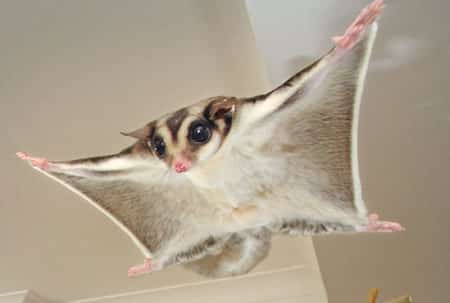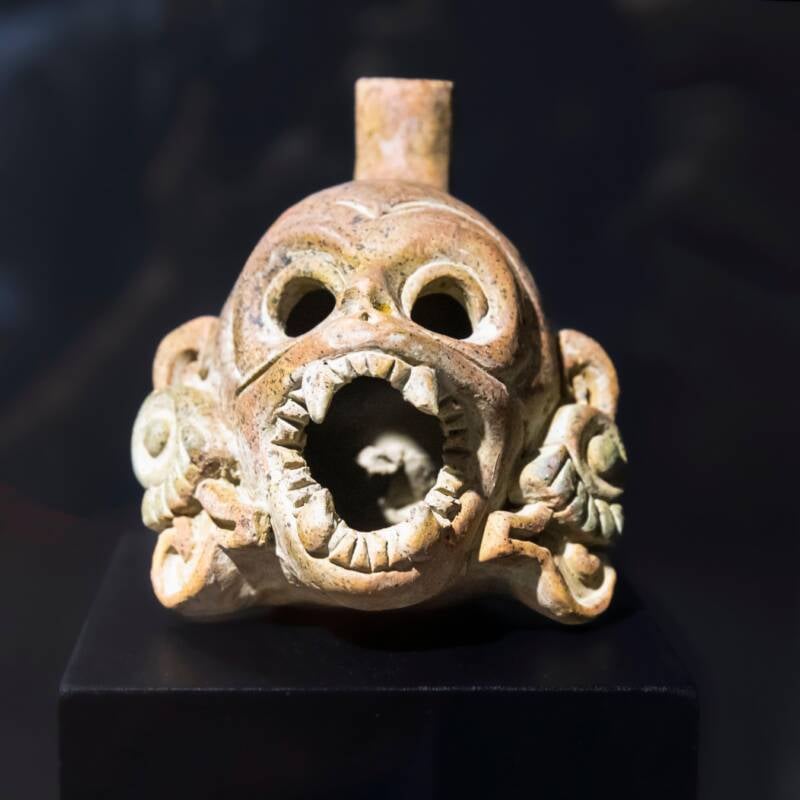Dogs are faithful and cats famously standoffish, but more and more Americans are giving the usual pets a “no thanks” in favor of such animals like sugar gliders, lizards, and even insects into their lives. Why is this phenomenon occurring? A mix of curiosity, self-expression, and the pervasive power of social media.
The American Pet Products Association (APPA) reports that there has been growing ownership of unusual pets—hedgehogs, parrots, ferrets, and snakes, for instance—over the past decade. In 2023, nearly 13% of U.S. households contained a non-dog, non-cat pet.
For others, it’s about being unique. “People want to express themselves through the animals they live with,” says Dr. Melissa Kahn, a veterinarian who works with exotic species. “It’s not so much about having a companion—it’s about having one that reflects your personality, your lifestyle, even your aesthetic.”
And online, that atmosphere is everywhere. Instagram and TikTok are filled with videos of capybaras soaking in bathtubs like Buddhist monks, hedgehogs getting mini spa treatments, and sugar gliders flying through living rooms. The videos are irresistibly adorable—but possibly misleading.
“Most exotic animals have very specialized diets, environments, and attention requirements,” says Angela Reynolds, spokesperson for the Exotic Pet Rescue Alliance. “Too many people see the cute videos and take home animals they aren’t prepared to care for.”
The laws regarding keeping exotic pets are also an issue. Some pets are legal to keep in some states and illegal in others. Ferrets, for example, are illegal as pets in California, and monkeys are illegal as pets in most U.S. states with the exception of a few. Laws are ambiguous and enforcement is typically random, which puts many potential owners in limbo.
In spite of this, the exotic pet enthusiast community is alive and clever. Facebook groups, internet bulletin boards, and specialty chat rooms are cyber support groups where owners exchange tips, celebrate milestones, and solve problems as a group.
“There’s pride and commitment involved,” Dr. Kahn explains. “When done correctly—with consideration, planning, and adequate care—having an unusual pet can be a truly rewarding experience.”.
Whether it slithers, glides, or sleeps in a hammock, one thing’s for sure: the definition of “pet” is changing. And as humans continue to seek companionship in new and sometimes surprising ways, our animal friends—however unconventional—are at our side.








